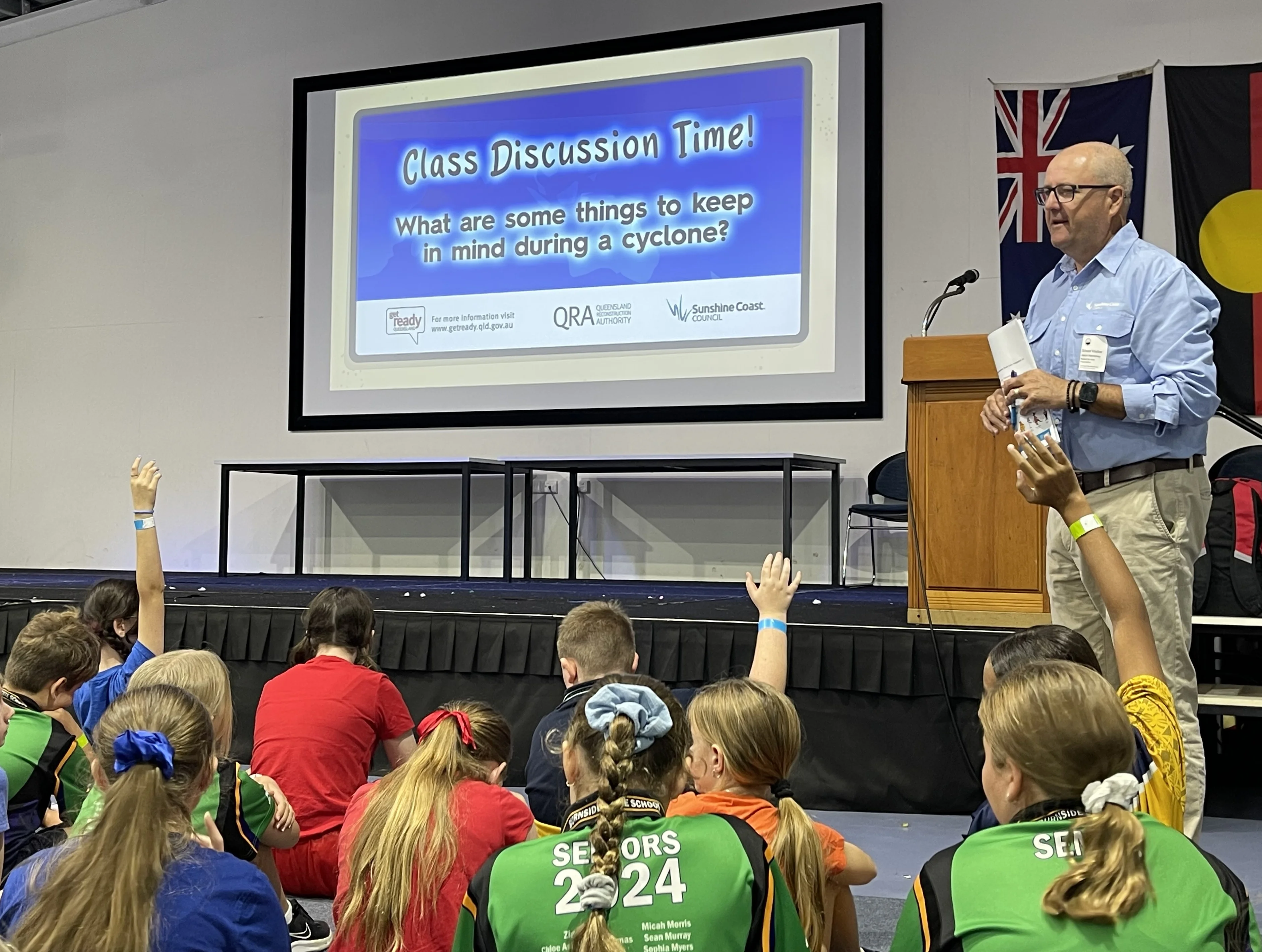Bogus remedies, untested solutions and clinical misinformation is spreading “faster than the virus” during the COVID-19 pandemic, according to the World Health Organization.
The so-called ‘infodemic’ has led to tragic consequences, including the recent death of a man who attended a COVID-19 party to seek whether the virus was real and infectious. Other examples include eating sea lettuce or injecting oneself with disinfectant.
The voracity, credibility and thoughtful use of research evidence has never been more important than now. And new research by Monash University provides a framework for the improved use of quality research evidence in the education sector.
The ‘Quality Use of Research Evidence Framework’ is intended to be used as a resource for anyone interested in improving the use of research evidence within and across all levels of schools and school systems.
It is based on the analysis of more than 10,000 scholarly records from databases across education, health, social work and policy, as well as 100 documents, 65 organisational websites and feedback from project partners and stakeholders.
The ideas presented contain findings from the first phase of the Monash Q Project – a five-year study seeking to understand and improve the use of research evidence in Australian schools.
The Q Project is a $6.3 million partnership between Monash University and the Paul Ramsay Foundation. It also involves close collaboration with school leaders, teachers, policy-makers, researchers and other stakeholders across Australia.
“Using evidence well needs to be relevant and appropriate for a given issue or situation,” Professor Lucas Walsh, Senior Deputy Dean of Monash University’s Faculty of Education, said.
“It is a thinking process that goes deeper than the mere use of information to engage in the use of evidence in a discerning, critical way. This requires skill – assumptions need to be challenged, hypotheses tested and ideas continually explored and reassessed.”
The framework identifies two core components for the appropriateness and use of quality research: ‘Appropriate Research Evidence’ and ‘Thoughtful Engagement and Implementation’.
Collectively both theories examine the need for research evidence to be methodologically rigorous and appropriate for the educational issue, as well as the need for successful integration of evidence with practice.
Researchers say the quality of research evidence is also based on three individual level enabling components – skill sets, mindsets and relationships; three organisational level enabling components – leadership, culture and infrastructure; and broader system level influences.
“Relationships also play an influential role in how we use evidence. Evidence use does not occur in isolation. It might be shared and discussed with others, and may need effective input from others. But as we see routinely in social media, those others might vary in their own ability to understand and use evidence,” Associate Professor Mark Rickinson from Monash University’s Faculty of Education, said.
“The context in which evidence use takes place is significant. In our research, quality evidence use requires supportive leadership, organisational culture and infrastructure to facilitate access to and use of evidence. At a basic level, does the organisation foster learning and encourage staff to reflect critically on how and why they do things? And, are staff given the time and resources to do so?”
The Q Project study will next explore the practical challenges and opportunities for quality use of evidence within Australian schools.
“We think the implications of our findings extend beyond schools to how well we, as a society, use evidence to improve how we respond to complex social challenges, such as the pandemic and beyond,” Professor Walsh said.
The authors of this report are Associate Professor Mark Rickinson, Professor Lucas Walsh, Connie Cirkony, Mandy Salisbury and Joanne Gleeson from Monash University’s Faculty of Education and the Monash Q Project.







